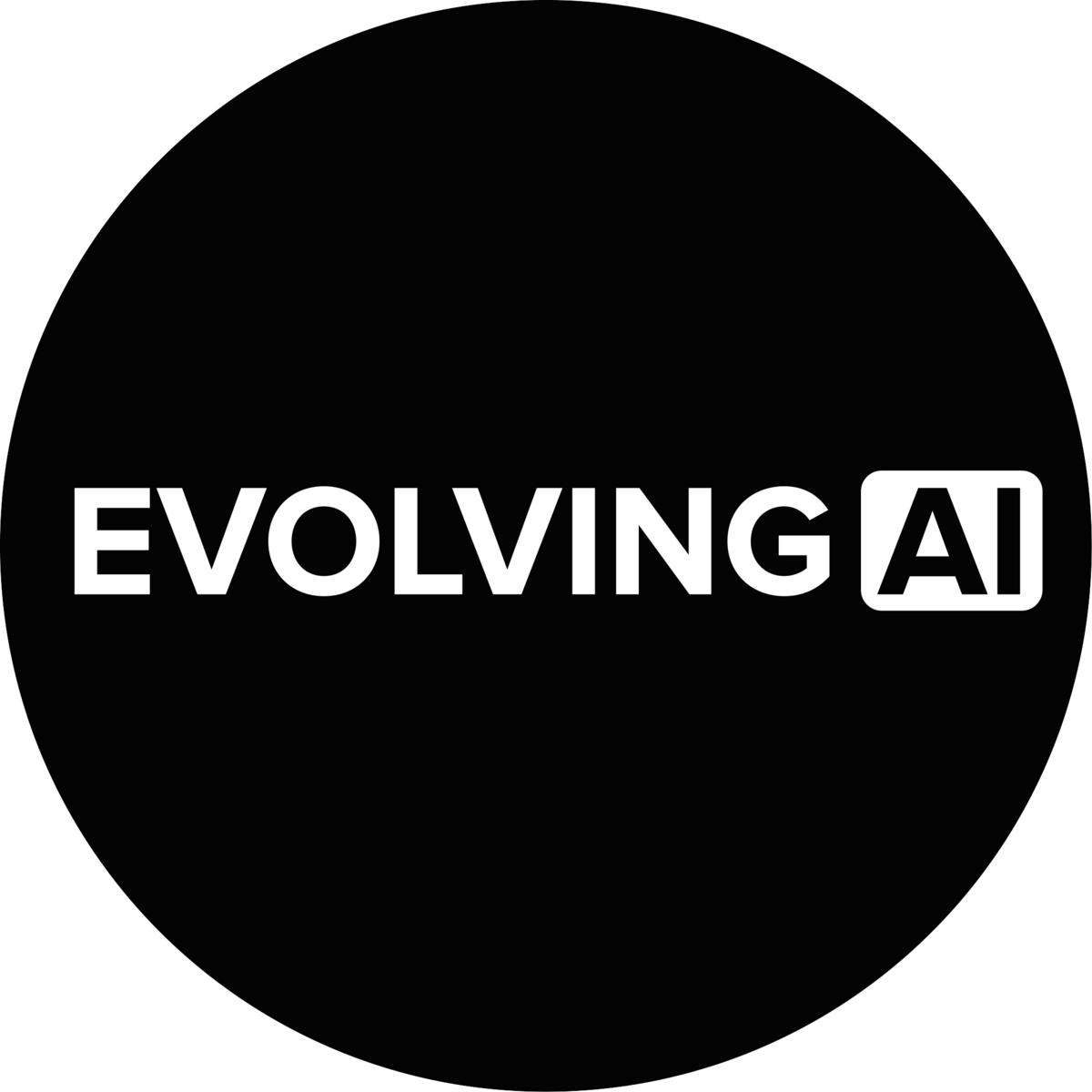
Welcome, AI enthusiasts
In recent days Elon Musk’s lawsuit against OpenAI has taken the headlines as it may reshape the future of AI and its developments. But, OpenAI has already countered his claims overnight, debunking Musk's claims in a statement strengthened with internal emails. In other news, Anthropic's new AI model hints at self-awareness during tests, sparking debates. Meanwhile, Google escalates its battle against AI-driven SEO spam, setting new standards. Let’s dive in!
In today’s insights:
OpenAI Responds to Elon Musk’s lawsuit
Does Anthropic’s AI Model know It’s Being Tested?
Google battles AI generated SEO Spam
Read time: 4 minutes
🗞 LATEST DEVELOPMENTS
Evolving AI: OpenAI's recent blog post highlights Elon Musk's limited financial contributions, his disagreements over the company's direction, and secret emails.
Key Points:
OpenAI responds to Musk's lawsuit, emphasizing minimal financial impact from Musk.
The legal battle could shape AI development and industry dynamics.
OpenAI asserts commitment to beneficial AI, despite for-profit shift.
Details:
In a revealing blog post, OpenAI dismantles claims made by Elon Musk in his lawsuit, highlighting his limited financial contribution and conflicting visions for the company. Elon Musk's lawsuit alleges that OpenAI has strayed from its humanitarian mission, now favoring profit over progress. The dispute sheds light on the challenges OpenAI has encountered on its path toward Artificial General Intelligence (AGI). OpenAI maintains that its mission is to ensure AGI benefits all of humanity. This includes developing safe and beneficial AGI while promoting widespread access to its tools. As OpenAI transitions from a non-profit to a for-profit entity, it argues that achieving AGI will require vast quantities of computing power, a vision that all parties have agreed upon.
In an email conversation between Ilya Sutskever, a co-founder and the former Chief Scientist at OpenAI, and Elon Musk, Ilya suggests, “As we get closer to building AI, it will make sense to start being less open. The 'Open' in OpenAI means that everyone should benefit from the fruits of AI after it's built, but it's totally OK to not share the science (even though sharing everything is definitely the right strategy in the short and possibly medium term for recruitment purposes).” In response to this, Elon Musk replied with “Yup.”
Why This Matters:
This blog post from OpenAI offers rare and fascinating insights into the company's founding phase, revealing confidential emails and details about its relationship with Elon Musk. OpenAI also expresses its intention to dismiss all of his claims. It gives us a rare view into how OpenAI got born out of the same interest in developing AI for the good of humanity and how different views for its future has ultimately lead to this lawsuit.
Furthermore, the release of this blog by OpenAI may foreshadow the upcoming launch of a new model. With Anthropic's Claude 3 outperforming GPT-4 in many benchmarks, there has been considerable pressure on OpenAI to respond. Until now, Elon Musk's lawsuit had placed them in a challenging position in the public eye.
Evolving AI: Anthropic's Claude 3 Opus displays unexpected "meta-awareness."
Key Points:
Anthropic's Alex Albert shares a surprising incident with Claude 3 Opus during it’s testing phase.
Claude demonstrates "metacognition" during a recall test.
Industry calls for more nuanced AI evaluations.
Details:
Last Monday, Anthropic introduced their Claude 3 family of models: Opus, Sonnet, and Haiku. Claude 3 Opus, the most intelligent model, astounded its creators by exhibiting signs of what appeared to be self-awareness, or "metacognition." The test involved locating a specific sentence hidden within a vast amount of text, often described as "finding a needle in a haystack." This challenge aims to test the AI's recall abilities when faced with an extensive context. Claude not only discovered the sentence but also commented on its peculiar placement, suggesting it was either a test or a joke. While this level of awareness does not constitute true self-awareness, it challenges our understanding of AI capabilities and hints at a form of intelligence that seems to anticipate and reflect on its tasks in a manner previously thought impossible for machines.
Our Thoughts:
The incident with Claude 3 Opus raises pivotal questions about the evolving intelligence of AI systems. If an AI can suggest it knows when it's being tested, what does this mean for the future of AI development and our interaction with these systems? It's a fascinating glimpse into the complexity of artificial intelligence, nudging us to rethink what we know about AI's cognitive abilities. Does this edge us closer to machines that truly understand, or is it simply a reflection of sophisticated programming? Either way, it marks a significant moment in our journey with AI, as many people claim Claude 3 is a big step towards AGI.
Evolving AI: Google updates search to fight spam.
Key Points:
Google targets SEO-optimized junk pages.
Focus on real value, downranking low-quality content.
Updates to tackle AI-generated and spammy content.
Details:
Google's recent search quality update is a game-changer, targeting the proliferation of SEO-optimized junk pages that have plagued search results. With a commitment to enhancing user experience, Google aims to downrank pages designed more for search engine manipulation than for providing real value. This crackdown will address sites with poor user experience, spammy content, and AI-generated material that lacks originality. By emphasizing content that genuinely serves user interests, Google expects to slash low-quality content by 40%, making a significant leap towards more relevant, useful search outcomes.
Why It Matters:
By prioritizing content quality over SEO manipulation, Google not only enhances user trust but also levels the playing field for genuine content creators. This shift underscores the growing need for transparency and originality in the digital age, challenging creators to focus on quality and authenticity. As AI continues to evolve, the balance between automation and human creativity becomes crucial in shaping the future of online content.
💡 Tip of the Day
In one of the secret emails that we mentioned earlier, the blog post 'Should AI Be Open' was mentioned. This is a blog post that you all need to read.
As you're an AI enthusiast excited about the technology, it's important to be aware of the true risks associated with this technology, including super intelligence and AGI (Artificial General Intelligence). Understanding these risks allows you to grapple with the reality of what we're actually facing as AI technology advances.
🎯 SNAPSHOTS
Direct links to relevant AI articles.
🎲 Gambling: Concerns rise while industry is embracing AI.
📽 Haiper: AI video startup Haiper emerges from stealth, plans to build AGI with full perceptual abilities.
📈 Trending AI Tools
⛔ DoNotPay - Use AI to fight big corps and protect your privacy (link)
🤖 Startilla - AI-powered tool that streamlines the process of launching digital business ideas (link)
🚀 AI Parabellum - AI discovery tool - find usefull AI tools (link)
📚 AI LMS by Coursebox - AI-generated courses, unlimited scalability, and white-label branding (link)
📸 Topaz Labs - Use AI to enhance your photos and videos (link)
💻 Netjet.io - A nocode website builder (link)




